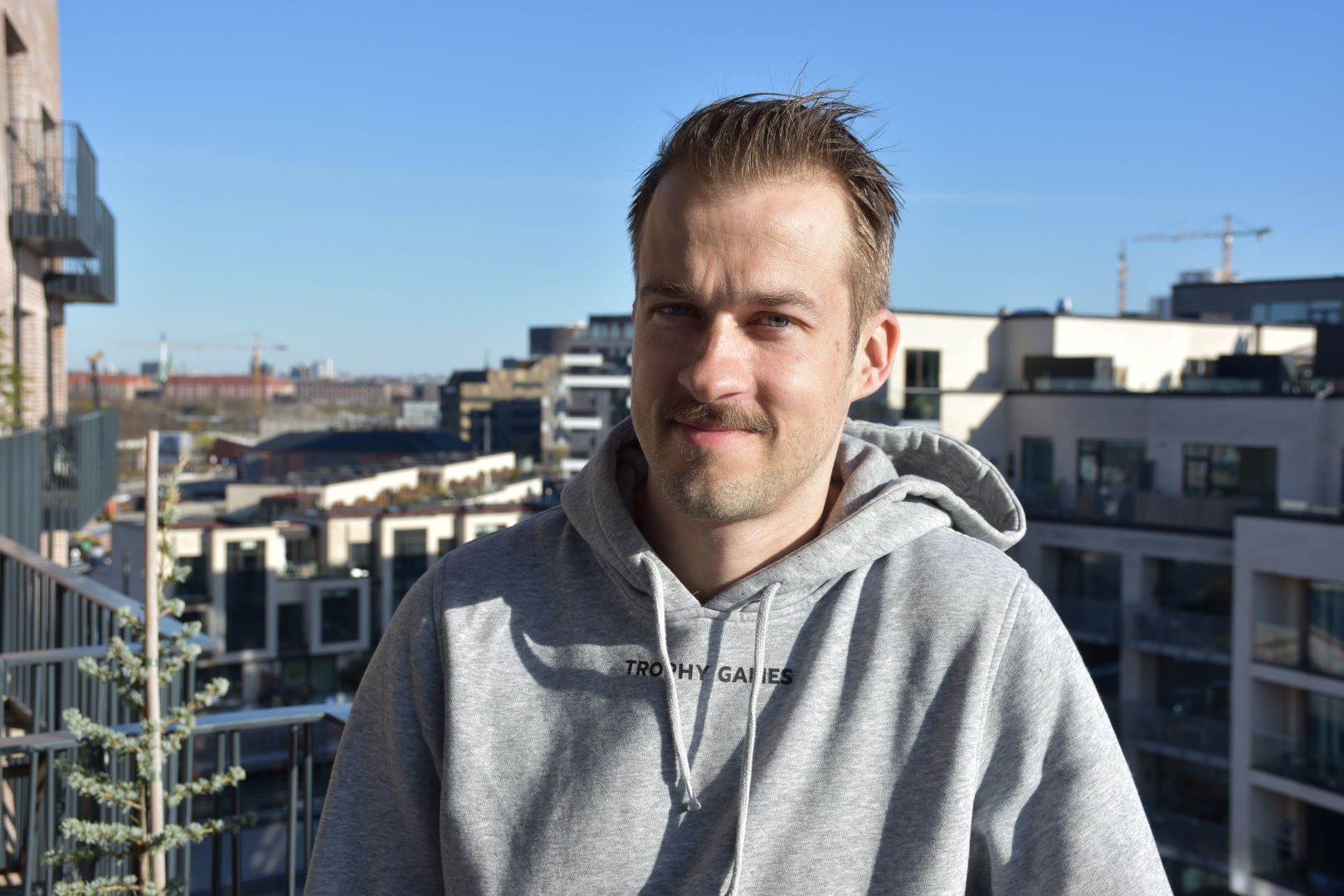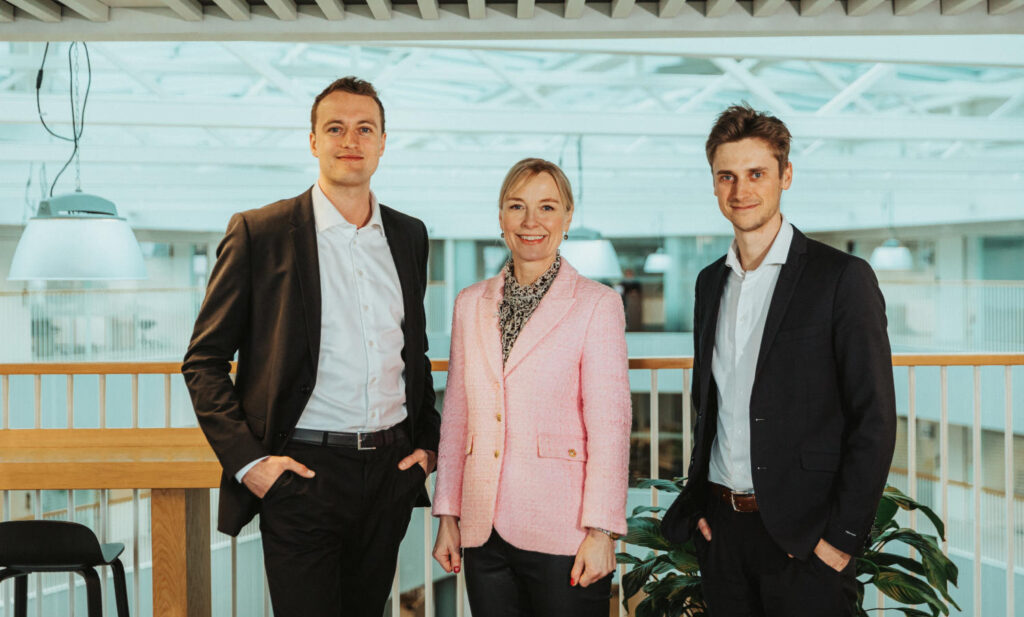While the Danish gaming industry is gradually turning over and exporting billions every year, gaming studios are still having a hard time finding investors for new projects. One of the reasons is a lack of investment precedents, venture capital funds say.
The idea that the gaming industry is a phenomenon reserved for a nerdy niche segment has gradually become so outdated that it has eventually been put aside. Luckily. Today, the world population is gaming like never before – on computers, consoles or telephones. The global gaming industry has an annual turnover of more than DKK 200 billion. dollars – much more than both the film and music industry.
In 2020, the Danish gaming industry had a turnover of approximately DKK 2.65 billion kroner according to the industry’s own estimate – a colossal increase of 184 percent since 2017. Nevertheless, our neighbouring countries are still far ahead in the area with industries that are many times larger. In Sweden alone, sales in the same year amounted to DKK 24.5 billion kroner.
In December, this prompted a number of game studies and the Producers’ Association to call for wider recognition of an industry in enormous growth from the Danish investment world. Investors and venture capital funds are reluctant to invest because it is a difficult area to analyze, critics said. And there may be something to that.

“The history of investments and experience are both hugely important in assessing the potential of very early game startups. And both we (PSV) and the Danish ecosystem in general lack history and therefore many investors are left with only a subjective assessment of whether a game startup is good or bad. And that is both insufficient and a very risky background to make an investment decision based on,” Anders Bach Waagstein, co-founder and General Partner of the Pre Seed Ventures (PSV) Tech01 fund, explains.
At PSV, they actively invest in companies such as Gamerpay, which work structurally in the gaming industry as a trading platform for ‘skins’ across various game titles. But they are still hesitant when it comes to investing in studios that produce or publish the games themselves. Here, the Danish ecosystem around the gaming industry lacks some experience and some exits, Anders Bach Waagstein says.
“What we have seen in the b2b-SaaS area, for example, is that over a number of years, generations of successful companies have emerged, from which new teams and companies with new solutions have sprung up. This is how an ecosystem is built. Experience simply creates sharper projects. At this point, I would think that we in the gaming industry still lack generations 2 and 3,” Anders Bach Waagstein says.
The chicken or the egg
Organizationally, there are also dilemmas in the industry.
In contrast to, for example, Sweden, which has the dedicated industry organization Dataspelsbranschen, Danish game studios still belong to the Producentforening along with a number of other creative and visual professions. And when game developers apply for public funding, it must be done through the Danish Film Institute (DFI).
That means that the game studios focus too much on art and culture, and too little on becoming a large and sustainable business says Søren Gleie, CEO and founder of the stock-listed game studio Trophy Games, which in addition to developing games also invests in other gaming companies.
“It is unfortunate that the only grant system in Denmark is under DFI, where there have strong criteria for artistic and cultural values. That means many small studios or game developers shape their product in that direction – and it dissolves the commercial mindset in these potentially large gaming companies before they have even started,” Søren Gleie says.
The Trophy Games CEO greatly misses a broader recognition at the societal level that can help fulfil the potential in the Danish gaming industry.
“It is unambitious that we do not have our own industry organization in the gaming industry, but must ‘share’ with the film industry. It should almost be the other way around. The film industry is nothing in terms of size in relation to the game industry,” he says.

When it comes to the lack of investment, it is in many ways the story of the chicken or the egg. It’s a Gordian knot that demands people in all parts of the ecosystem to become better at working with game titles as investments, the Trophy Games founder explains.
“The venture capital funds see it as an investment just like anything else. And we have not yet reached a point where game startups today have the necessary experience in the team from other exits or the required professionalization that makes it easier to get investors on board. But at some point, there will be exits, and then we will see a completely different traction and willingness to invest – I have no doubt about that at all,” Søren Gleie says.









 Kære læser, du er meget velkommen til at dele vores artikler på sociale medier, linke eller referere til artikler eller content på TechSavvy.media. Men ønsker du helt eller delvist at kopiere indhold fra sitet må det kun ske efter aftale med vores redaktion på editorial@techsavvy.media.
Kære læser, du er meget velkommen til at dele vores artikler på sociale medier, linke eller referere til artikler eller content på TechSavvy.media. Men ønsker du helt eller delvist at kopiere indhold fra sitet må det kun ske efter aftale med vores redaktion på editorial@techsavvy.media.
 Kære læser, du er meget velkommen til at dele vores artikler på sociale medier, linke eller referere til artikler eller content på TechSavvy.media. Men ønsker du helt eller delvist at kopiere indhold fra sitet må det kun ske efter aftale med vores redaktion på editorial@techsavvy.media.
Kære læser, du er meget velkommen til at dele vores artikler på sociale medier, linke eller referere til artikler eller content på TechSavvy.media. Men ønsker du helt eller delvist at kopiere indhold fra sitet må det kun ske efter aftale med vores redaktion på editorial@techsavvy.media.